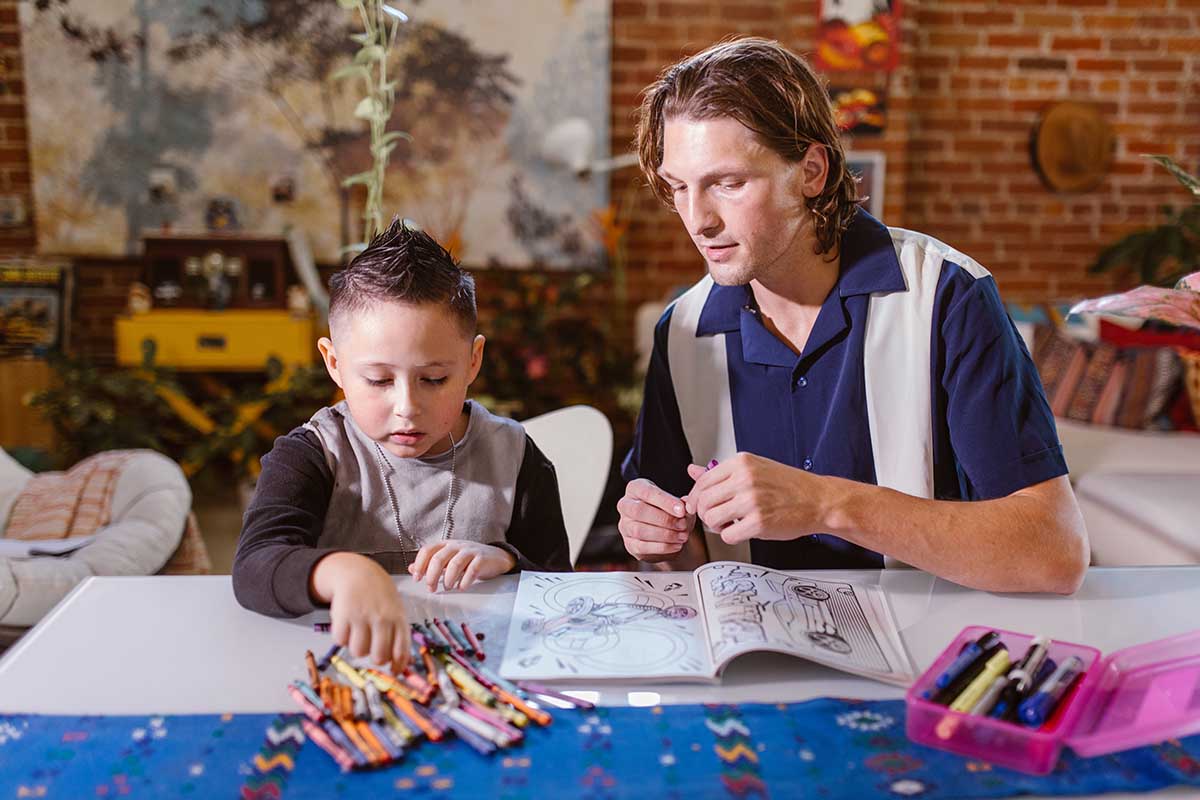Understanding Early Childhood Education
Teaching children is one of the most extraordinary and gratifying joys of life. Not only are you giving back to a faction of society that has given us so much, but you play a direct role in shaping the talent of tomorrow. Though education continues to change with every passing year, teachers’ effect and profound influence on students is one dynamic that stands the test of time.
This article will traverse the experience of teachers overlooking the early childhood learning phase of their careers. It’s one of the most difficult times for your students and can be highly stressful for you as a teacher. However, rest assured by the end of this article, you’ll know what to expect from your students and how to identify potential issues and overcome them as swiftly as they arise.
Read ahead to develop a clear understanding of how to navigate early childhood education.
Educate yourself first
One of the most crucial steps to take as an educator is gaining a higher degree in education. Though teachers begin practice after attaining a high school diploma, times have changed, and the demands of the education market have increased. If you want the highest chance of nailing a job, thriving in the role, and truly helping your students, consider pursuing a higher degree.
For instance, a masters degree in early childhood education will prove worthwhile in helping you maneuver early childhood education and develop the essential skills and capabilities.
A professional degree like a master’s won’t just help you secure the job after an interview and help you navigate the teaching process. Still, it also adds impressive credentials to your resume. Therefore, if you ever want to switch roles, this is a major feather in your hat that could go a long way in shaping your career.
Traversing learning disabilities
The academic sphere has become impressively inclusive, addressing the needs of children with learning disabilities. Dyslexia and dyscalculia are some of the more common learning disabilities that affect children. ASD (autism spectrum disorder) and its symptoms further deter a child from successfully digesting and understanding the content within a learning scheme.
Communicating with the parents and identifying the issue allows you to develop a contingency plan and understand the issue better. For example, the sooner you realize their limitations and give them the focused attention they need, the better it will be for them. However, if you have a special learner in your class, you will have to liaise with the principal and sometimes the board to gauge the next move forward.
Helping your student along the way and truly empathizing with their inability to grasp certain topics is one of the key factors that will help you traverse the area. Moreover, if you don’t think you can handle a situation like this, please refer the case to another trained teacher who could handle it better.
Communicate with the parents whenever possible
As a children’s teacher, it’s best to develop a strong professional relationship with the parents. Understandably, some parents are busy and don’t have the time to visit for every meeting.
However, if you deem it appropriate, don’t hesitate to approach the parents and establish a line of communication. A phone call now and then is a great way to ensure you are on the same page and can help the child grow in ways you never imagined. Identifying their weaknesses and highlighting their strengths is one of the best ways to ensure their success from a young age. Teachers spend up to eight hours of the day with their students. It would be best to communicate with the parents so they could pick up where you left off.
Emphasize a balance between extracurriculars and academics
There’s a common misconception that teachers solely focus on academics. The teacher-student relationship is not in a vacuum since there’s more to the relationship than simply delivering a lesson and expecting the child to absorb the information. After the parents, the primary teacher is usually the child’s first adult role model.
Therefore, assuming that you’re simply educators fulfilling a role is one of the biggest flaws of today’s traditional education system and one you can help overcome through some efforts.
So, pick on your student’s talents and interests, and encourage them to pursue them. Most schools give students the platform and facility to pursue and hone their talents. There are far too many teachers out there who force children to study and abandon their hobbies. Educating your students about creating a healthy balance is one of the best lessons you can deliver as a teacher.
Setting the foundation for communication
When it comes to education, children often shy away from telling teachers about their shortcomings. A general sense of fear and embarrassment is involved in asking a question several times if they don’t understand something. Rather than the student reaching out to you (which is unlikely), if you notice a lapse in understanding, please reach out to the student after class and talk to them.
Most of the time, a minor misunderstanding creates a domino effect as you move through the topics. Though these shortcomings appear in most subjects, they are most common in mathematics. For developing children, laying the foundation right the first time for math is one of the most challenging yet important responsibilities you have as a teacher.
Be one of those teachers they can come to with a bad grade chart and help them score better next time. Yelling at them and crushing their self-esteem isn’t going to help anyone. Teach them wherever you can and encourage them to do the required work. It’s a team effort.
Early Childhood Education: Conclusion
We have talked about several factors in early childhood education. These are some of the most common yet essential tips out there. So, it would be wise to seek opportunities in the field, knowing the full picture of what to expect and how to tackle each student.
The general theme you should be taking away from this article is that you play an essential role in the lives of children. Be the role model they need and help your students achieve their full potential.





















